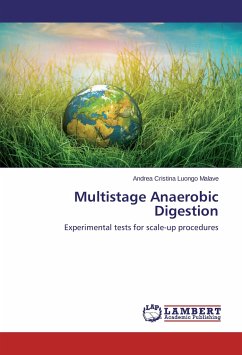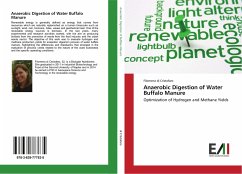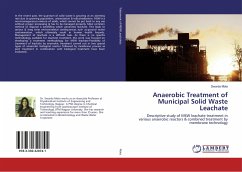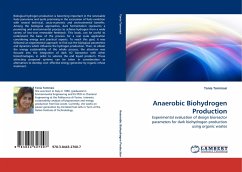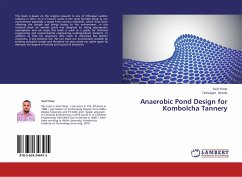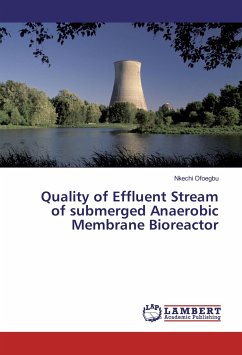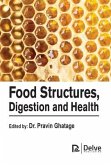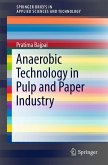Anaerobic Digestion (AD) is a biological process which breaks down the biodegradable organic compounds into biogas by microorganisms in the absence of oxygen, mainly CH4, CO2, and other trace gases. AD is widely used to treat wastewater sludge and organic waste. In this book, AD process conducted both One-Stage (CH4) & Two-Stage (H2+CH4), in batch and continuous mode, using different kind of refuses, are analyzed and experimentally validated. Continuous operation of a bench scale bioreactor, under different Hydraulic Retention Times has been detailed. The experimental data were analyzed in terms of energy sustainability, to evaluate the net energy produced by the system. The experimental results provide very robust information towards: the process scale-up, the Two-Stage AD process, the continuous Two-Stage AD process start-up, and calculation of the AD process efficiency and efficacy. In addition, the experimental results were compared with different literature data in terms of energy produced by One-Stage AD process configuration. The Two-Stage AD process fully analyzed and presented in the book, represents a real improvement of AD process as energy sustainable technology.
Bitte wählen Sie Ihr Anliegen aus.
Rechnungen
Retourenschein anfordern
Bestellstatus
Storno

